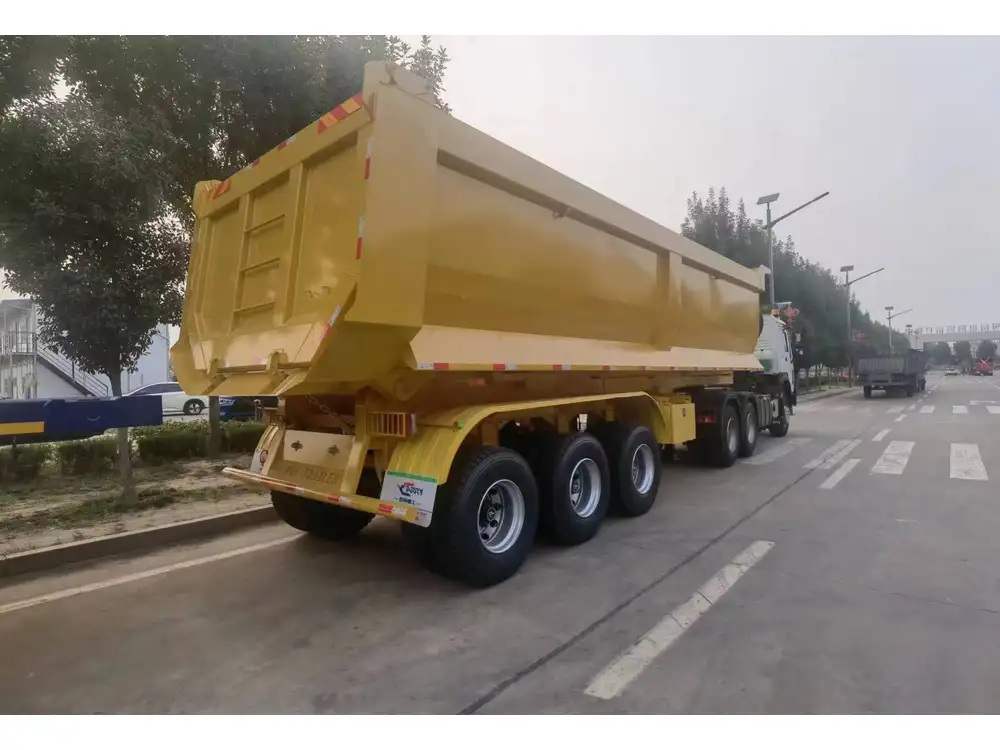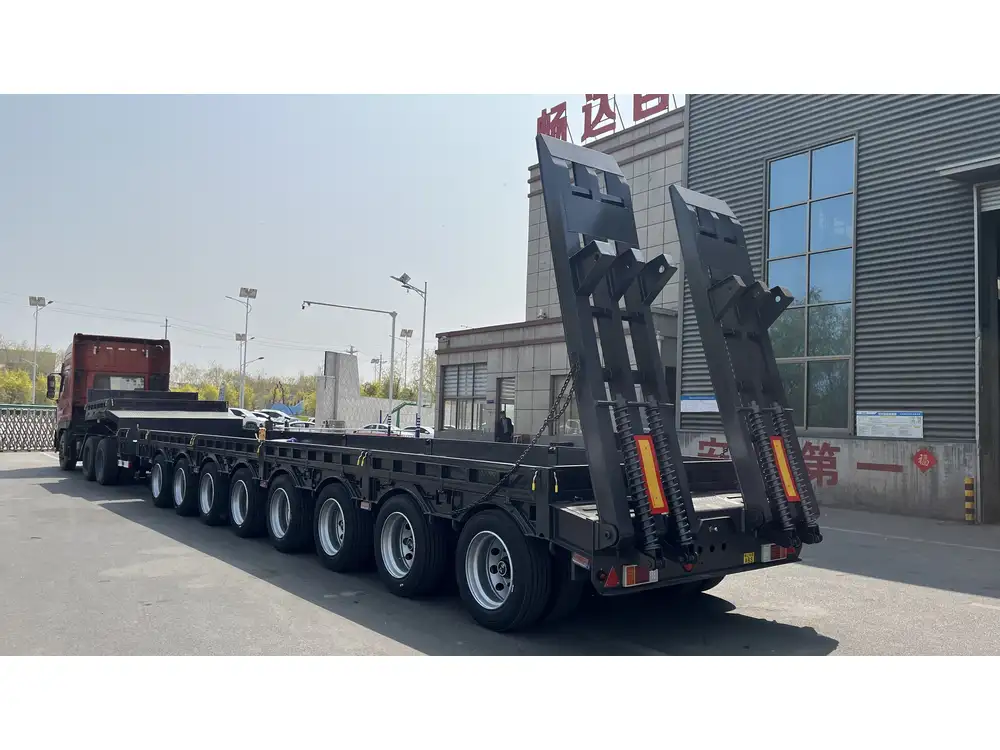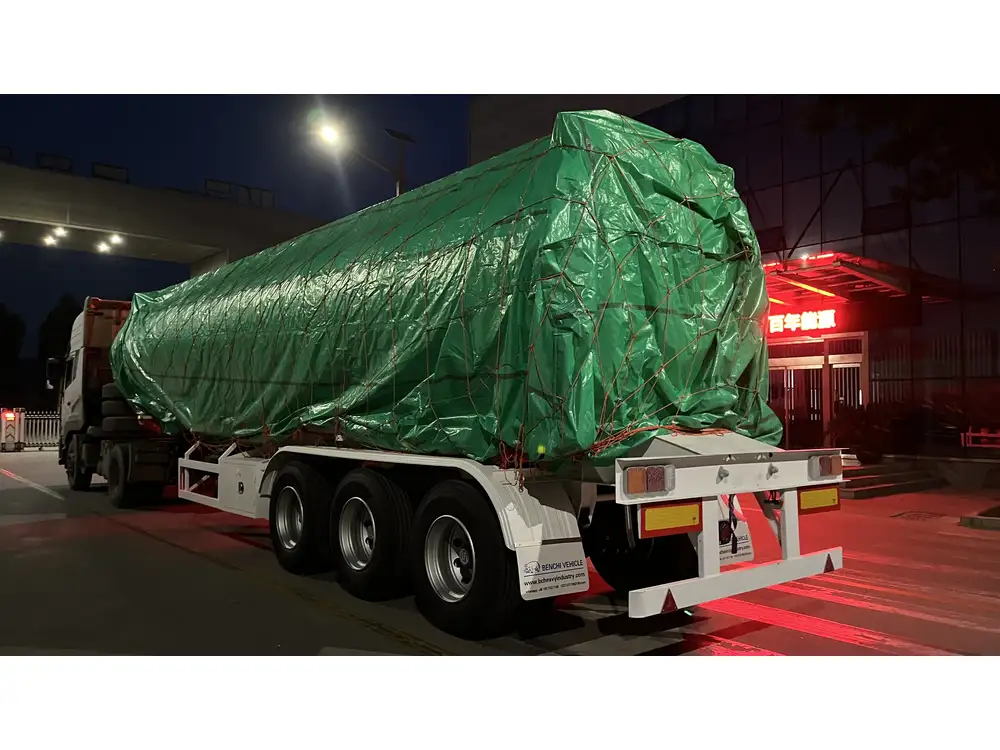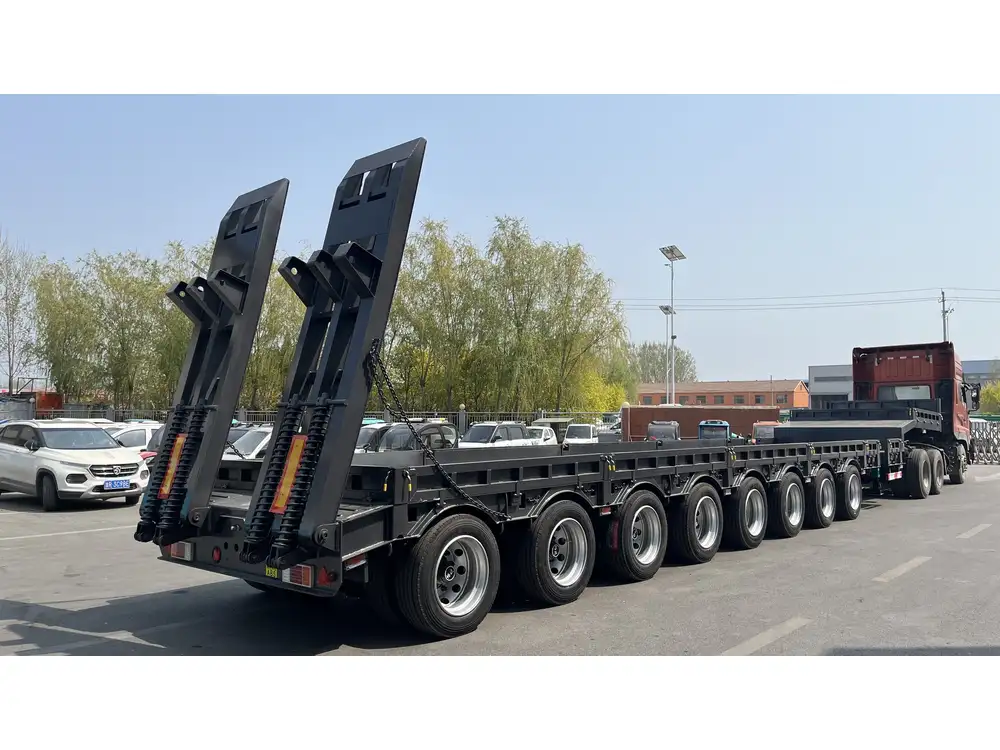When considering the purchase of a dump trailer, knowing its weight is crucial for various reasons, including towing capacity, payload limitations, and overall functionality. A well-informed decision hinges on accurate specifications, particularly when the focus is on a specific size like a 14-foot dump trailer.
What Influences the Weight of a 14-Foot Dump Trailer?
1. Material Composition
The weight of a dump trailer heavily relies on the materials used in its construction. Here’s a breakdown:
| Material Type | Weight Impact |
|---|---|
| Steel | Heavier, durable but increases overall weight |
| Aluminum | Lightweight, ideal for increased payload capacity but may come at a higher cost |
| Composite | Medium weight, balances durability and expense |

2. Design Structure
Dump trailers come in various designs which can significantly affect their weight:
- Single Axle vs. Dual Axle: A single axle trailer typically weighs less than a dual axle model due to fewer structural components. However, dual axle trailers provide more stability and higher payload limits.
- Dump Mechanism: The method used to empty the trailer—whether hydraulic, electric, or manual—can add extra weight. Hydraulic systems, while efficient, incorporate additional components that contribute to overall heft.
3. Size and Capacity
Larger trailers naturally weigh more. A 14-foot dump trailer designed to carry a heavier load will be sturdier, thereby increasing weight. The internal capacity, often measured in cubic yards, may influence the trailer’s frame and design, leading to variations in weight.
4. Accessories and Features
Additional features such as built-in ramps, toolboxes, and tarps can add to the total weight of the trailer:
- Ramps: If a trailer has integrated loading ramps, especially heavy-duty ones, it will increase weight significantly.
- Tarp System: A tarp system used for covering loads enhances functionality but adds additional weight to the trailer.

What is the Average Weight of a 14-Foot Dump Trailer?
The average weight of a 14-foot dump trailer generally falls within a range of 2,800 to 3,500 pounds. However, it’s essential to recognize that this can vary based on the factors discussed above. Understanding this weight range is vital for potential buyers who need to consider their towing vehicle’s capacity.
Comparison of Different 14-Foot Dump Trailers
To give a clearer picture, let’s compare several models available in the market:
| Model | Weight (lbs) | Material | Payload Capacity (lbs) | Price (approx.) |
|---|---|---|---|---|
| Model A | 3,000 | Steel | 7,000 | $6,000 |
| Model B | 2,800 | Aluminum | 5,000 | $8,500 |
| Model C | 3,200 | Composite | 6,000 | $7,500 |
| Model D | 3,500 | Steel | 8,000 | $6,500 |
Importance of Knowing the Weight

Towing Capacity
Each vehicle has a specified towing capacity, which is the maximum weight it can safely tow. Exceeding this limit can lead to unsafe driving conditions, increased wear on the towing vehicle, and potential legal consequences. Knowing the weight of the dump trailer helps in matching it with the right towing vehicle.
Payload Effectiveness
Understanding the weight and payload capacity is fundamental for users to avoid overloading. It’s crucial to balance the weight of the trailer with the load it carries to ensure proper towing dynamics and safety.
Tips for Safe Towing of a 14-Foot Dump Trailer
- Know Your Vehicle’s Towing Capacity – Before purchasing a dump trailer, ensure your vehicle can handle the total weight (trailer plus payload).
- Use Weight Distribution Hitches – For heavy loads, consider using a weight distribution hitch to distribute the trailer weight evenly.
- Regularly Check Tires – Tire pressure can critically impact handling and safety when towing. Ensure your tires are properly inflated and in good condition.
- Monitor Trailer Brakes – Since dump trailers can weigh significantly when loaded, make sure that trailer brakes are functional and suited for the load.

Regulations and Considerations
Licensing and Registration
Depending on weight and size, certain jurisdictions may require specific licensing or registration for dump trailers. Be sure to verify local laws to avoid potential fines and inconveniences.
Insurance Implications
Understanding the weight and classification of your trailer can also have implications for insurance coverage. Ensure you have appropriate coverage to protect your investment against damage or accidents.

Conclusion
A 14-foot dump trailer presents a robust option for both personal and commercial use. An informed decision about which trailer to select hinges on an understanding of its weight, payload capacities, and material differences. It’s crucial to consider your towing vehicle’s capacities along with safety regulations associated with trailer towing.
By examining various factors—from construction materials to potential added features—users can effectively navigate the complexities of selecting the right 14-foot dump trailer. Ultimately, the right choice can lead to enhanced productivity, safety, and longevity for this invaluable piece of equipment.
For any further questions or personalized advice on selecting the ideal dump trailer for your needs, feel free to reach out. Your hauling needs are essential, and ensuring you have the right equipment can make all the difference.



